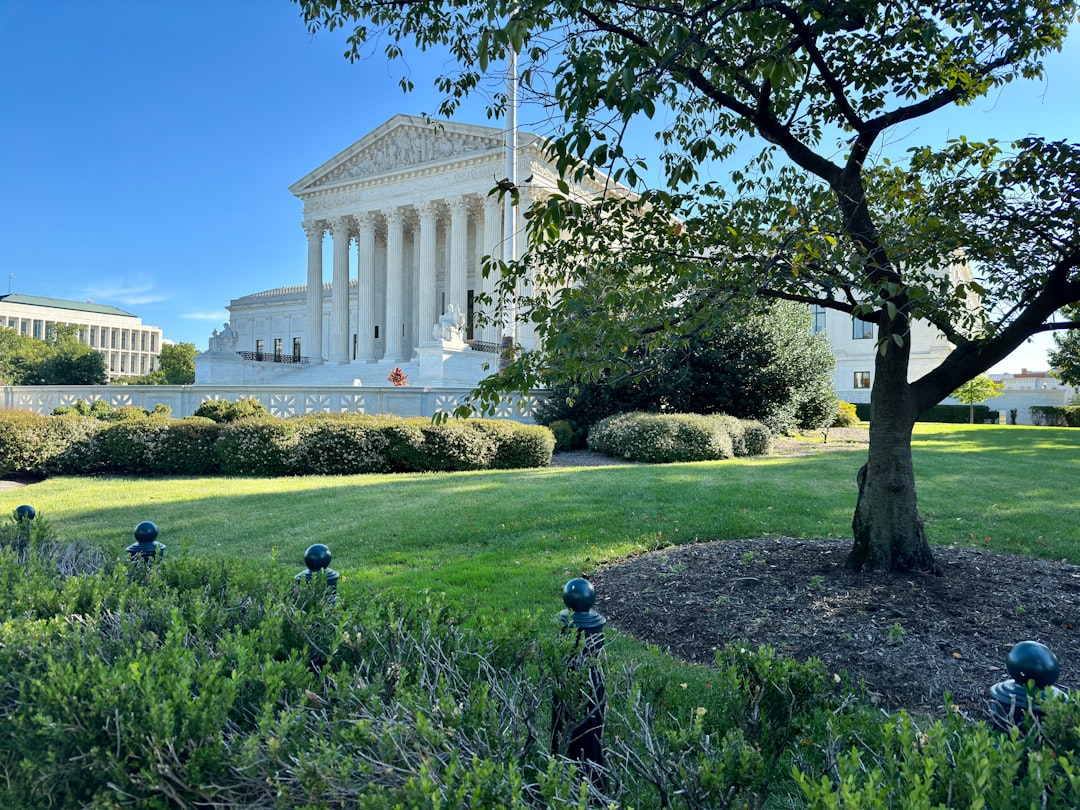In Washington, sexual abuse survivors are finding their voices and seeking justice with the help of specialized lawyers. Navigating complex legal landscapes can be daunting after traumatic experiences, which is why understanding your rights and the process is crucial. This guide explores the role of a sexual abuse lawyer in Washington, delving into relevant laws, advocacy strategies, and support for victims. Whether it’s an investigation, trial, or seeking compensation, specialized legal expertise makes all the difference.
Understanding Sexual Abuse Claims in Washington: Laws and Regulations

In Washington, sexual abuse claims are governed by a series of laws and regulations designed to protect victims and ensure justice. When a person suffers sexual abuse or harassment in Washington, they have legal rights and recourse through specialized sexual abuse lawyers in Washington. These laws cover various forms of misconduct, including assault, battery, rape, and any non-consensual sexual act. The state has strict time limits for filing claims, so it’s crucial to consult a sexual abuse lawyer in Washington promptly.
The laws also address the complexities of evidence collection and the sensitive nature of such cases. Washington requires victims to report the abuse to law enforcement or file a civil lawsuit within a certain period. A sexual abuse lawyer in Washington can guide victims through these legal processes, ensuring their rights are protected throughout. They play a vital role in helping victims find closure and receiving compensation for the physical and emotional trauma they have endured.
The Role of a Specialized Lawyer: Expertise and Advocacy

When navigating the complex legal landscape surrounding sexual abuse claims, having a specialized lawyer in Washington is invaluable. These attorneys bring a unique set of skills and expertise to bear on cases often marred by emotional trauma and sensitive details. Their focus lies not only in understanding the legal intricacies but also in providing compassionate advocacy for clients who have endured such violations.
Specialized sexual abuse lawyers in Washington are adept at handling various aspects, from gathering evidence to navigating complex procedures. They employ their knowledge of state laws and local regulations to ensure that victims’ rights are protected throughout the process. This specialized approach allows them to offer tailored strategies, addressing not just the legal but also the psychological needs of clients, which is crucial in building strong cases and achieving justice.
Navigating the Legal Process: From Investigation to Trial

Navigating the legal process for a sexual abuse claim in Washington requires an experienced attorney who understands both the legal intricacies and the emotional weight these cases carry. A skilled sexual abuse lawyer in Washington will guide clients through several crucial steps, starting with a thorough investigation. This involves gathering evidence, interviewing witnesses, and thoroughly reviewing medical and police records. The lawyer’s expertise ensures that all potential avenues for compensation are explored and pursued.
Once the investigation is complete, the lawyer prepares for trial, crafting a compelling narrative to present to a judge or jury. They build a strong case by presenting evidence, examining witnesses, and challenging any discrepancies or weaknesses in the opposition’s argument. The goal is to secure justice and fair compensation for the victim while ensuring their privacy and safety throughout the process.
Supporting Survivors: Resources and Compensation for Abusers' Victims

Survivors of sexual abuse in Washington state have access to various resources and support systems designed to help them heal and find justice. One crucial step is connecting with a compassionate and experienced sexual abuse lawyer in Washington who can guide them through the legal process. These attorneys specialize in navigating complex laws and regulations related to sexual assault, ensuring that victims receive the compensation they deserve.
Beyond legal representation, there are numerous non-profit organizations and community groups dedicated to supporting survivors. These resources offer counseling services, advocacy, and a safe space for individuals to share their stories. Compensation for abuse victims may include financial redress through lawsuits or settlement agreements, as well as therapeutic interventions to address the long-term psychological impacts of trauma.






